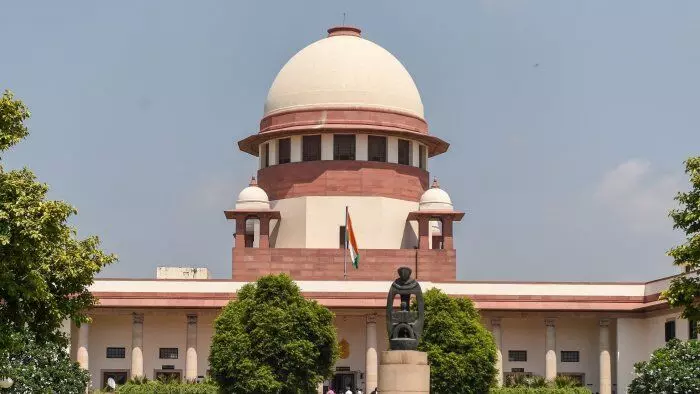SC closes criminal proceedings against 30 Army men in 2021 botched Nagaland op

New Delhi: In a significant relief to 30 Army personnel, the Supreme Court on Tuesday closed criminal proceedings initiated against them by the Nagaland government over the alleged killing of 13 civilians in a botched anti-militancy operation in Mon district in 2021. The Apex Court’s decision follows the Centre’s refusal to grant prosecution sanction under the Armed Forces (Special Powers) Act (AFSPA) of 1958.
A bench comprising Justices Vikram Nath and PB Varale noted that the Centre had, on February 28, 2023, declined to grant sanction under Section 6 of AFSPA, which protects Army personnel from prosecution unless prior approval is given by the Central Government. Section 6 of AFSPA clearly states: “No prosecution, suit or other legal proceedings shall be instituted except with the previous sanction of the Central Government, against any person in respect of anything done or purported to be done in exercise of the powers conferred by this Act.” While closing the proceedings, the bench emphasized that the FIRs lodged by the Nagaland police could only be reopened if prosecution sanction is granted by the Centre at a later stage. “In view of the aforesaid discussions, the writ petition (Criminal) Nos...are allowed. The proceedings pursuant to the impugned FIRs shall remain closed,” the bench ruled.
The case was originally filed by the wives of the personnel, including a major-ranked officer, who sought closure of the FIRs. The top court also refused the Nagaland government’s request to direct the Army to initiate administrative proceedings against the accused personnel, stating that it is within the Army’s discretion to decide on disciplinary action.
However, the court noted that Nagaland has filed a separate petition challenging the Centre’s denial of prosecution sanction, and notice has been issued in this matter. The Apex Court also made absolute its interim order from July 19, 2022, which had stayed further proceedings in the case.
The wives of the accused Army personnel argued that the Nagaland government lacked jurisdiction to prosecute the case without the necessary sanction under AFSPA.



